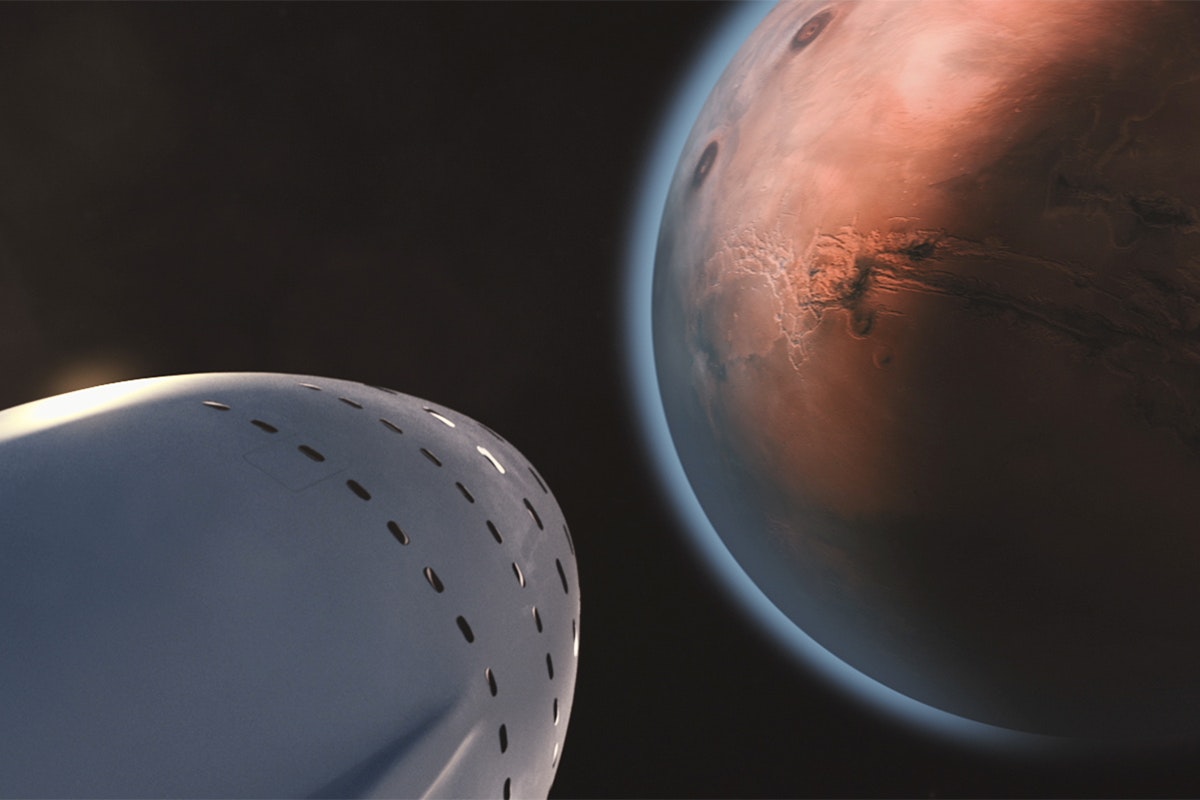
Mars is an ambitious goal for any organisation to attempt, but will the leaders in space exploration actually do it or will we be homebound for the foreseeable future?
Why go to Mars?
This is a much asked question among those who just see the price tag of these ambitions. However, there are many things that threaten life on Earth: nuclear war, climate change, solar flares/coronal mass ejections, an asteroid impact to name a few. Landing on Mars is a backup, in case of a mass extinction (which we are long overdue) and by studying another planet in detail, we can learn more about our own planet. For example: what is the fate of Earth? How did Earth form? Why is Earth habitable and why complex life is only on Earth? Just like how humans crossed a desert or adventured to see what was on the other side of the mountain, landing on mars and colonizing it could hold many advantages that nobody has even dreamt of.
Before the Humans
Most likely, the organisation that will send people to Mars will send probes beforehand to set up living areas or scout out safe areas. These would include building bio-domes and/or laser scanning the area. But before the probes come to Mars we need to pick a location for the humans to live. Right now the most popular idea is using deep underground caverns that were carved out by magma in Mars’s volcanic past. These tunnels provide shielding from the sun’s damaging rays and protect equipment from the planet wide sand storms.
Getting There
There are many different approaches to interplanetary human travel. The travel time is approximately 6 months one way, in a hostile environment, miles away from home. Additionally, the living space needs to fit in a small compartment in a rocket and it needs to have as little mass as possible. The most popular approach is having a thick inflatable living area stuffed inside the storage compartment in the rocket. This means that the astronauts will have a large space to work and play. Also in zero-gravity the astronauts will be able to use the space to its potential by having sleeping quarters and exercise stations on all sides of the compartment.
Human Health
As umpteen experiments on the International Space Station (I.S.S.) have shown, there are many dangers for the human body in microgravity. As muscles don’t work as much they shrink and grow weaker, the heart included, and for reasons not yet explained the human immune system weakens making humans vulnerable to many diseases. To counter muscle deprecation, astronauts exercise for up to 2 hours a day which will be necessary to maintain strength once on the surface of mars. On Mars radiation is a decisive health danger. As Mars has almost no atmosphere due to the solar wind, the sun’s rays and charged particles can penetrate to the surface. This can cause radiation sickness and, if one is exposed daily, death.
So who?
Many have their sights on Mars but who will get there first? Well NASA is the first organisation that springs to mind. NASA has started work on the capsule and rocket that will go to the moon (Orion and the SLS respectively). They also say that this pair will go to Mars as well, but most likely NASA will optimize them. Another organisation that has been at the forefront of human space flight is SpaceX. SpaceX has revolutionised space flight with their rocket boosters that land after use and can be reused. SpaceX also has the earliest date for humans to land on Mars in late 2027, just 7 years away. NASA plans on landing humans in the late 2030’s.
In conclusion…
All the technology is there to get us to Mars, it is just which organisation has the courage to step up and do it first. Many dangers lie in wait for the organisation(s) that do but the reward will be great going down in history forever.
If you liked this article, let us know your thoughts below! Do you think humans will ever make it to Mars?
Check out this article too:






Wow!
Very interesting… I wonder who will be first – if anyone!